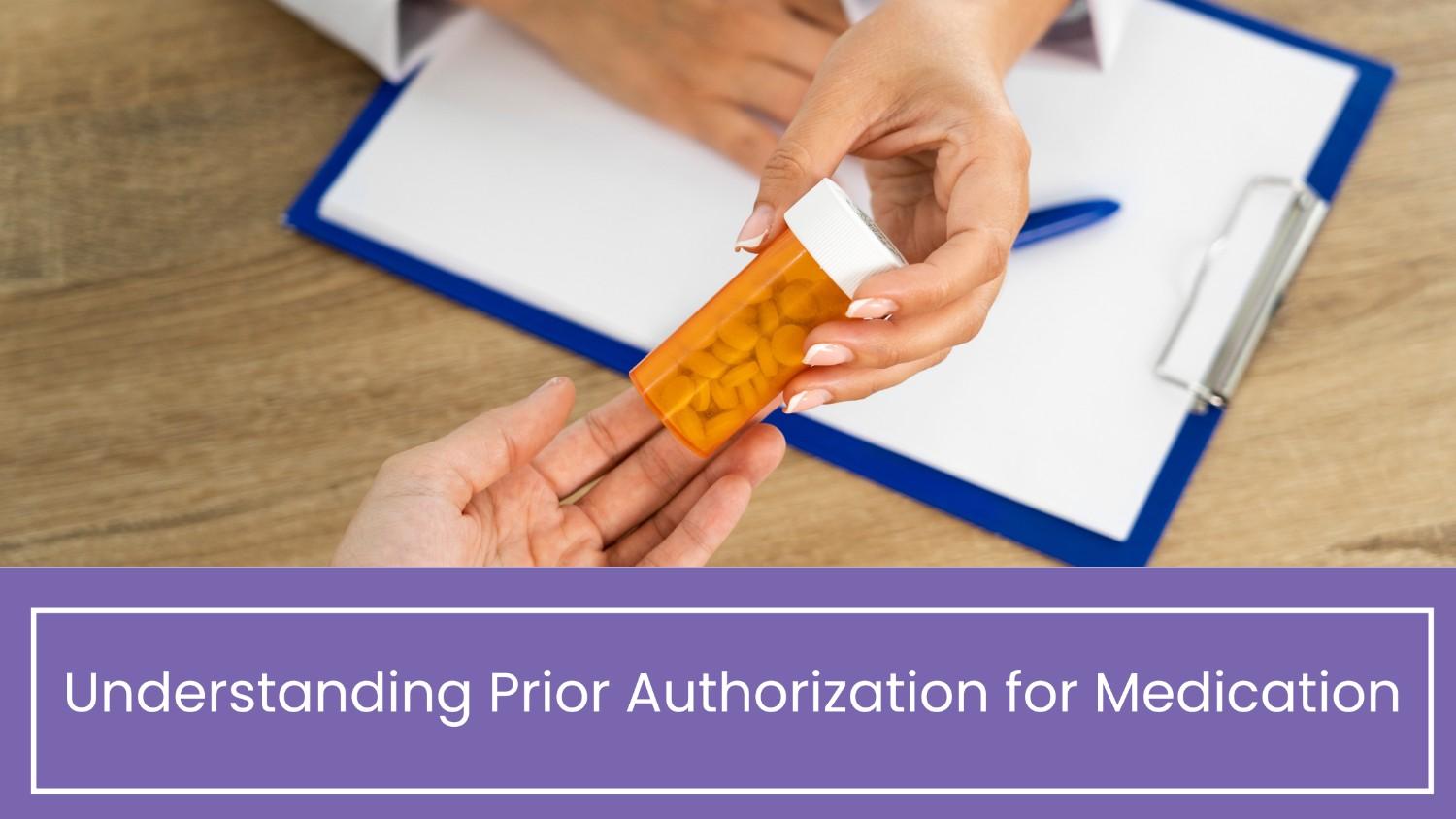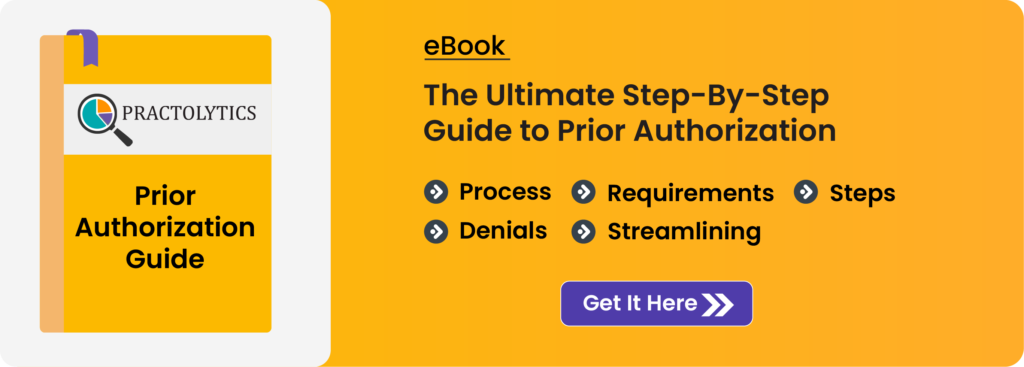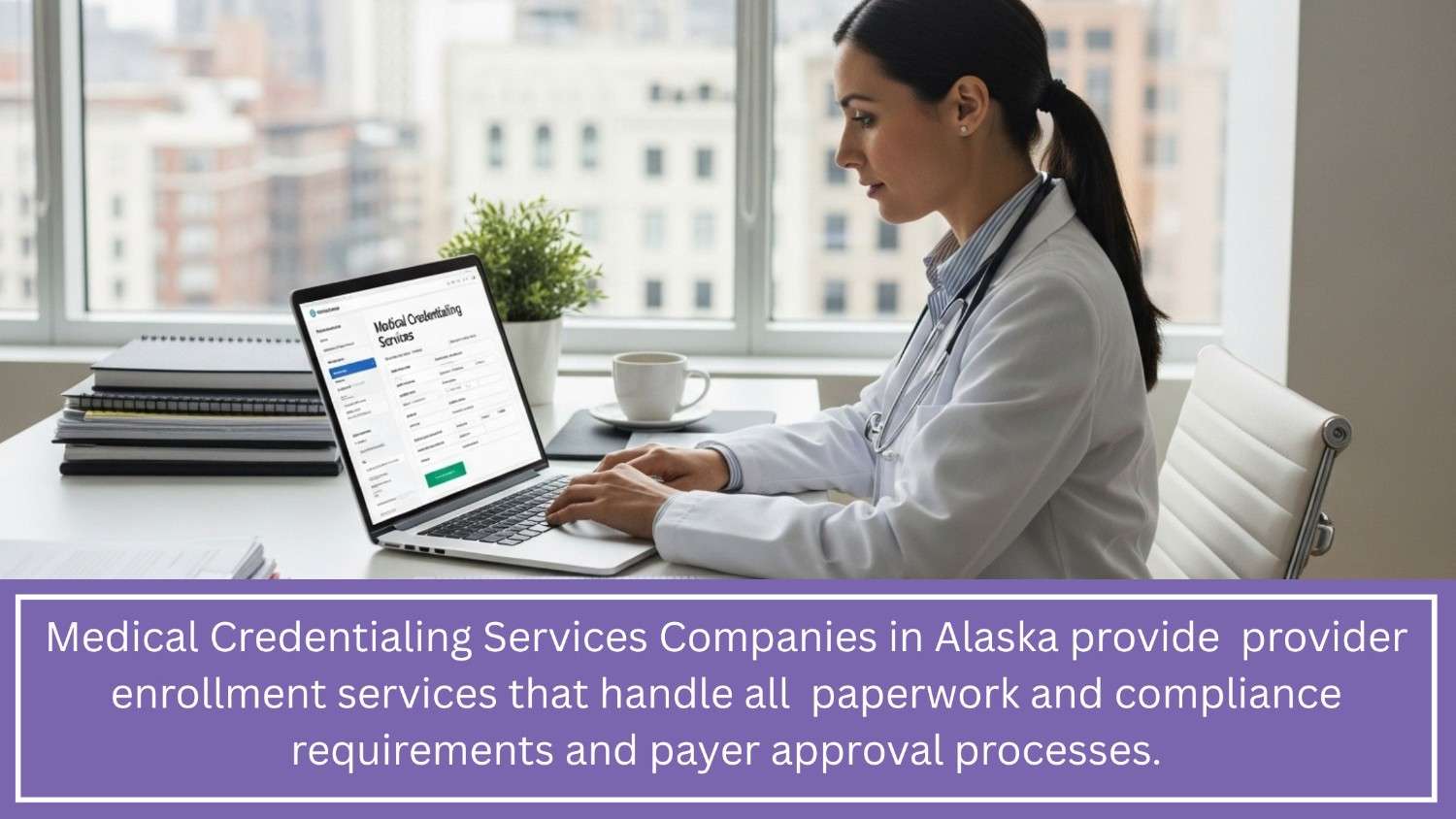Understanding Prior Authorization for Medication
Dealing with healthcare and getting medicine isn’t just about giving a prescription at the pharmacy. Sometimes, doctors need approval from insurance companies before giving out certain medicines. This makes sure people use the right drugs and keeps costs down, but it can also make patients wait longer for their treatments. This article wants to explain how this approval process works, why it’s needed, and how long it usually takes.
Table of Contents
What is Prior Authorization?
Prior authorization process used by health insurers to decide on covering prescribed treatments or medications. Its main aims include ensuring patient care appropriateness and treatment cost-effectiveness.
When it comes to medicines, obtaining prior authorization requires going through several procedures.
- Medication Prescription: The healthcare provider issues an order for medication.
- PA Inquiry: The provider files a prior approval inquiry with the insurance company.
- Assessment: The insurance company assesses the inquiry using medical criteria and policy terms.
- Verdict: The insurance company either consents or rejects the inquiry or seeks additional details.
- Update: The determination is conveyed to the healthcare provider and patient.
Why is Prior Authorization Necessary for Some Medications?
Insurance companies employ prior authorization for various purposes:
- Cost Management: They scrutinize costly medications to verify their appropriate use.
- Safety and Effectiveness: Ensures prescriptions are necessary and optimal for the patient.
- Abuse Prevention: Aims to prevent excessive or improper use of specific drugs, especially those prone to misuse.
Factors Influencing the Time Required for Prior Authorization
When considering medications, specialty drugs or those with higher costs generally necessitate more detailed evaluation before approval. Insurance companies vary significantly in their policies and procedures for handling prior authorization (PA) requests, affecting both the method and timing of approval processes. Insufficient initial paperwork for PA requests can significantly slow down the approval process. Utilizing electronic prior authorization (ePA) systems rather than manual methods can greatly expedite approval times. Effective communication among healthcare providers, pharmacies, and insurers is crucial in minimizing potential delays throughout the authorization process.
Typical Time Frames for Prior Authorization
While the exact timing for getting approval beforehand can vary, here are some general estimates based on different situations
- Normal Requests: For most medicines, getting approval can take from one to three days after sending the request.
- Emergency Requests: If the medicine is urgently needed, insurance companies might speed things up and decide within a day.
- Complicated Situations: For special medicines or cases needing more info, it can take a few days to over a week.
- Challenges: If they say no at first and you appeal, it might take weeks depending on how the insurance checks things.
Steps to Expedite the Prior Authorization Process
Even though patients and healthcare providers can’t handle every part of the prior authorization process, there are ways to help it move faster. Before sending a request for prior authorization, providers should make sure they have all the necessary documents, like medical records and reasons for the medication. It’s important to stay in touch with the insurance company regularly to find and solve any issues or requests for more information quickly. Electronic systems for prior authorization can speed things up and reduce wait times. Keeping communication open between patients, providers, and insurers can help quickly address any questions or concerns.
The Role of Technology in Streamlining Prior Authorization
The implementation of electronic prior authorization (ePA) systems is changing how rapidly and effectively healthcare providers can acquire prior authorizations. These systems enable providers to submit requests electronically, reducing the necessity for manual paperwork and phone calls. Here’s how ePA can make a difference.
- Automated Submissions: Systems for electronic prior authorization (ePA) can automatically fill in patient details and medication information, reducing mistakes and ensuring all necessary data is included.
- Real-Time Decisions: Certain ePA platforms can make instant or almost instant decisions about specific medications, which greatly reduces waiting times.
- Integration with EHRs: Integration with electronic health record (EHR) systems allows for seamless sharing of patient data and medical history, which helps speed up the review process.
- Tracking and Alerts: ePA systems often include features for tracking and automatic notifications, keeping healthcare providers informed about the progress of their requests and any additional information needed.
Challenges and Limitations of Prior Authorization
Obtaining approval before treatment, while beneficial for cost control and ensuring proper medication use, presents significant challenges in healthcare settings. Healthcare providers often find themselves consumed with paperwork and processing prior authorization (PA) requests, diminishing the time available for direct patient care. Delays in approval can disrupt treatment plans, particularly affecting patients with severe or chronic conditions. Additionally, inconsistencies in approval criteria and procedures among insurers contribute to confusion and inefficiencies. Patients frequently encounter frustration during the approval process, leading to delays in receiving necessary medications and potentially worsening their health outcomes if they do not adhere strictly to their treatment plans.
Real-World Impacts on Patients
To grasp the practical effects of delays in pre-approval, think about these situations:
- Handling Long-term Health Problems: People with diseases like rheumatoid arthritis need certain medicines that need approval before using. If the approval takes too long, their symptoms could get worse and cause more pain.
- Treating Cancer: It’s vital for people with cancer to get their meds on time. If they have to wait too long for permission, it can mess up their treatment plan and affect how well it works.
- Mental Health: People with mental health issues need their meds quickly to feel better. If there’s a holdup, their condition might get worse and slow down their getting better.
Improving the Prior Authorization Process
Proposing policy changes to simplify prior authorization (PA) requirements and reduce administrative tasks can significantly enhance operational efficiency in healthcare settings. Standardizing PA criteria and processes across various insurance companies would mitigate confusion and streamline procedures for healthcare providers. Educating providers on effective PA submission methods and encouraging the use of electronic PA systems could further improve workflow and patient care coordination. Additionally, empowering patients to understand their insurance coverage and PA requirements can expedite the approval process, ensuring timely access to necessary treatments and services.
The Future of Prior Authorization
The future of prior authorization shows promise with technological advancements and changes in policies. Advanced computer systems and automated learning are expected to change the process by predicting patient care results and making evaluations simpler. A technology that allows secure and honest patient data sharing across healthcare providers, insurers, and pharmacies. Legislative changes are being made to simplify approval processes for doctors, ensuring that patients receive medications on time. Additionally, improved teamwork among doctors, insurers, and patients is making the treatment approval process more efficient, with a greater emphasis on meeting patient needs.
Authorization before getting medications is important for using healthcare resources well, but it can cause delays and frustration for patients and providers. Knowing what affects how long it takes to get authorization and using ways to speed it up can help ease these problems. As technology improves and policies change, we think getting authorization will get easier, letting patients get medications they need faster. Meanwhile, staying informed, asking for policy changes, and using tools available can help handle the details of authorization and make sure patients get care on time.
As healthcare technology progresses and policies evolve, Practolytics leads the way by offering new solutions to make processes simpler and improve patient results.
ALSO READ – Addressing the Limits of the New CMS Prior Authorization Rules
Talk to Medical Billing Expert Today — Get a Free Demo Now!






